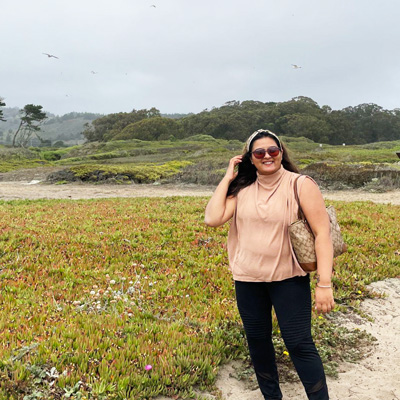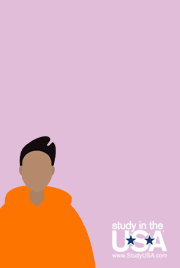Choose Those Electives Carefully!

Become a more well-rounded person without losing your focus.
Choosing college classes requires rigorous preparation and planning. The various degrees require a set of classes for successful completion. There may also be some courses that are not directly related to the field of one’s major but are added as a requirement to the curriculum for a degree program. These are called elective courses, and generally, students have a wide array of options to choose from depending on their interest and the value an elective course would have towards their education. Usually, academic advisors suggest picking a class that complements your degree or could offer an opportunity to explore a subject area you think you might like.
While some colleges have a wide range to choose from, others may have a limited number of elective subjects available. A good choice of electives allows you to explore a brand new subject area that may be very helpful or informative sometime later. It may also give you a new perspective on your degree as well. Electives can also offer a mental break from a semester filled with major requirements. As a Communications Studies major, I was fortunate to get an array of options on my electives. Here are a few of my choices and the experience that I built along the way:

Nutrition
Nutrition 101: Science of Nutrition
This was a class that was not only interesting but also very motivating towards a healthy lifestyle. The professor had designed software where we could put in our daily nutritional intake and evaluate ourselves. I got to know about various facts about our bodies and their relation to the food we eat. The class has made me more conscious about what I eat and has provided me with valuable knowledge about the human body, health, and nutrition.
Psychology
Psychology 101: Intro to Psychology
I had never known about the mental and the human psyche in so much detail before taking my psychology class. This is a great class for self-awareness of the mental health issues that are dominating human health today. Topics like human behavior, social awareness, memory, language development, personality traits, and psychological disorders were not only lectured on but also practically demonstrated via role play, experiments, and also sharing personal experiences. The best part of the class was the participation spirit of all the students. These students were clinical majors and took a keen interest in this class. It was intriguing to see them talk and share their experiences through their mental health work with people
Literature
World Literature 231
This class is going to take you back to all the epics and mythologies from about 1400 BC. From the Epic of Gilgamesh to the Reign of Geisha, from the Hindu Ramayana to the Prophets Quran, from the Hebrew Bible to The Odyssey — the course discusses all the central themes of the global literary tradition. It recognizes the influence of literature on contemporary thought and forms connections across historical, geographical, and cultural boundaries. The class seemed like storytelling with amazing things to wonder about. In addition, the class presentation by each student summed up each epic with some unheard facts and interesting learning ideas.
Theater
Theater 210 Cultural Context
School dramas were my favorite during my elementary school years. I always liked participating in shows, plays, and dramas, although script learning was hard, representing a particular topic or a social issue was something that interested me the most. My theater class was well designed to create an appreciation of multicultural theater forms and artists. Along with theory we also watched plays in class and met with local theater artists. The class was indeed very rejuvenating for the mind. The factor of entertainment along with education is the best way to describe a theater class.
American Politics
PSC 101 Introduction to American Politics
Politics may or may not interest an individual, but the way it is taught plays a great role in understanding the topic. I was lucky to have such an experienced and communicative professor for my American Politics class. She never opened the book but always lectured about the political structure and the next day she would pick a student to give the same lecture to the class. Not only would we pay more attention but also understand in-depth to explain it to others. It seemed challenging to learn the politics and constitution of a foreign country, but after being done with the class, I realized how different countries follow similar patterns and function in the same way only under a few different rules and terminologies.
The power of electives
I believe taking electives helps expand our educational horizon by giving us an insight into varied subject matters that also increase our overall thinking and learning skills. But before you register for any classes, it is always a good idea to talk to your academic advisor who will be able to guide you about the course sequence and provide some useful tips about a particular course. Having experience and knowledge in areas outside your field of study can only serve you so you can become a more well-rounded person. Being informed is important in this day and age, whether it’s about politics, history, science, social issues, and so on.

Aanchal Tangri from India is working towards an associate’s degree in Communication Studies at Truckee Meadows Community College in Reno, Nevada.





























